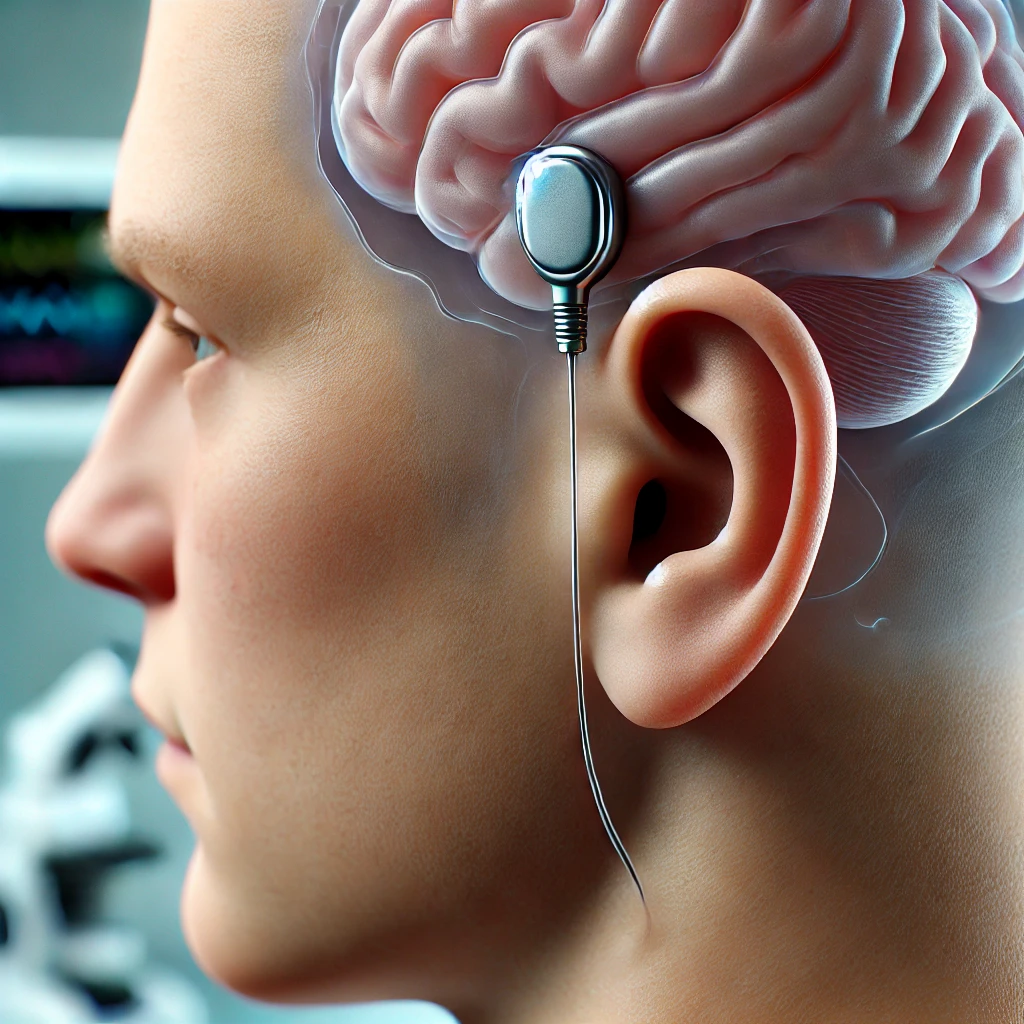Are brain implants possible?
Article Source: Are Predictive Brain Implants an Indispensable Feature of Autonomy?

Why you should care
Brain implants, once purely science fiction, are rapidly becoming a reality. They hold the potential to transform medical treatment, especially in managing neurological disorders like Parkinson's and epilepsy. But beyond treatment, they may also enhance cognitive functions, raising questions about autonomy, ethics, and the future of human capabilities.
Answering the question… Are brain implants possible?
This research explores the capabilities and ethical implications of predictive brain implants. Designed to monitor and even predict neurological events, these implants aim to restore or enhance autonomy for individuals with certain conditions. With current success rates showing up to 60-70% effectiveness in symptom reduction for epilepsy and Parkinson's, the study suggests that such technology is not only possible but already impacting patient lives.
How was the study done?
The study reviewed cases where predictive brain implants were used on patients with chronic neurological conditions. The researchers examined clinical trial data, patient testimonials, and neuroethical analyses to understand both the practical and philosophical implications. They also explored the potential of these devices to support independent decision-making by predicting and responding to neurological events.
What was discovered?
- Predictive brain implants can reduce symptoms by up to 70% for conditions like epilepsy and Parkinson’s disease
- Over 50% of patients reported a significant improvement in their quality of life after receiving implants
- The implants could predict neurological events, such as seizures, with a 75% accuracy rate, allowing for timely intervention
- Autonomy and independence increased in 65% of patients, as the implants helped mitigate disruptive symptoms that previously limited their daily activities
- Ethical concerns arose regarding privacy and consent, especially as implants gain predictive capabilities
Why does it matter?
Predictive brain implants could revolutionize neurological care by enhancing autonomy and improving quality of life for millions worldwide. They bring both new hope and ethical considerations, especially regarding how such powerful technology should be controlled and monitored. This research underscores the importance of balancing medical benefits with ethical safeguards to ensure these advancements serve the best interests of patients.
